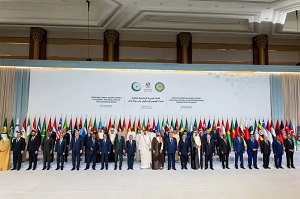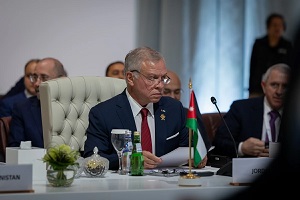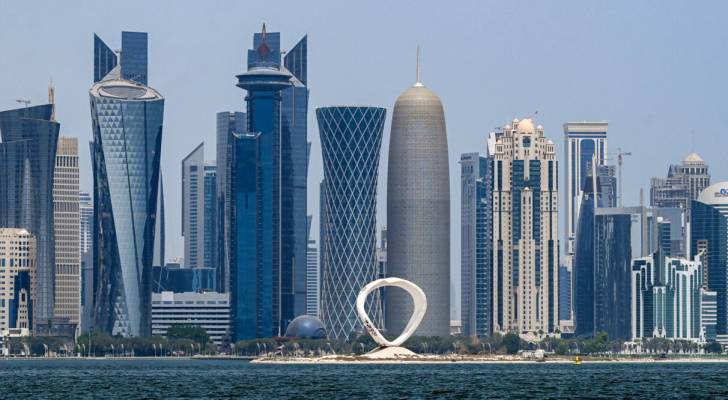JPMC strengthens global position with ‘record’ growth in production, sales, profits — CEO
The Jordan Times
AMMAN — The Jordan Phosphate Mines Company (JPMC) is achieving its strongest performance to date in terms of production, sales, and profitability, according to its CEO Abdulwahab Rowad.
Speaking to Al Mamlaka TV during sectorial discussions held to prepare the second executive programme of the Economic Modernisation Vision (EMV), Rowad highlighted the mining sector as a key pillar of the national economy.
He said that JPMC had successfully navigated global market challenges and entered international markets with high efficiency, due to the quality of its phosphate, phosphoric acid, and specialised fertiliser products — considered among the best globally.
Rowad noted that the company’s entry into the European market reflected its ability to meet “stringent” international specifications across its product range.
The JPMC’s production of crude phosphate has seen substantial growth over the past five years, rising from approximately 9 million tonnes in 2019 to 12 million tonnes in 2024.
Sales exceeded 11 million tonnes last year, helping reduce production costs, boost profits, and strengthen the company’s global competitiveness.
According to Rowad, the company has evolved from a local and regional player into a “global leader”.
JPMC now plays a pivotal role in setting international prices for phosphoric acid, with quarterly negotiations held with major global producers. Other market participants reportedly follow the pricing benchmarks set by JPMC, due to the company's production scale and quality, the CEO noted.
He added that JPMC’s strategic focus has been on increasing production capacity, particularly at its industrial complex in Aqaba, one of the largest in the region.
The company has also launched a tender for a second Jordanian-Indian joint venture aimed at increasing local phosphoric acid production, aligning with EMV objectives by creating greater added value in Jordan.
Planned expansion projects are expected to boost production by 1.5 million tonnes of specialised fertilisers and 2.4 million tonnes of phosphoric acid annually.
Rowad also announced a partnership with a major Turkish company to build a new phosphoric acid plant in Aqaba, with a production capacity of 300,000 tonnes and a total investment of $400 million.
The facility is expected to consume around one million tonnes of crude phosphate and create between 700 and 800 job opportunities.
In parallel, JPMC is collaborating with the Arab Potash Company to establish a large-scale complex for producing pure phosphoric acid and specialised fertilisers, with an estimated investment of $600 million.
These ventures, he said, will contribute to reducing unemployment and generating job opportunities.
As part of its workforce strategy, the company is currently training a large number of university and diploma graduates to prepare them for the mining labour market over the next four years, in line with production expansion needs.
He cited a new project, developed in cooperation with a local firm, to produce 100,000 tonnes of animal feed additives, where the facility is expected to begin operations next year.
Latest News
-
 Arab-Islamic Summit issues final statement, condemns Israeli attack on Qatar, calls for accountability
Arab-Islamic Summit issues final statement, condemns Israeli attack on Qatar, calls for accountability
-
 King delivers Jordan's address at Emergency Arab-Islamic Summit in Doha
King delivers Jordan's address at Emergency Arab-Islamic Summit in Doha
-
 Leaders unite against ‘Israeli’ strike on Qatar at emergency Arab-Islamic Summit
Leaders unite against ‘Israeli’ strike on Qatar at emergency Arab-Islamic Summit
-
 Gaza’s death toll rises to 64,905: Health Ministry
Gaza’s death toll rises to 64,905: Health Ministry
-
 Rubio promises Netanyahu “unwavering support” to ‘Israel’ in Gaza goals
Rubio promises Netanyahu “unwavering support” to ‘Israel’ in Gaza goals